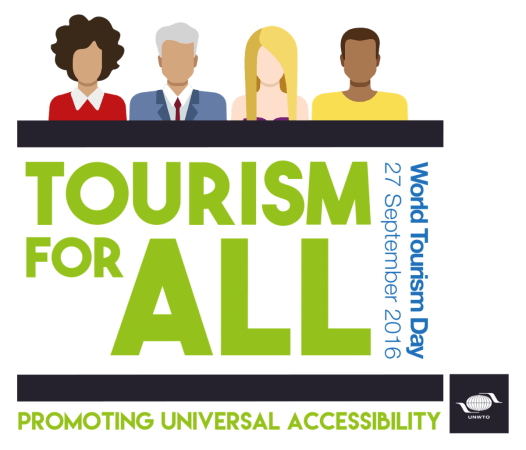
Motivational speakers often encourage people to collect experiences, not things. The best way to collect experiences is to go places and do things there. This is one of the bigger motivations behind World Tourism Day, which is celebrated every year by the United Nations World Tourism Organisation (UNWTO).
When is World Tourism Day? Why is it celebrated?
According to the UNWTO official website, World Tourism Day is celebrated "to foster awareness among the international community of the importance of tourism and its social, cultural, political and economic value."
It is celebrated by the UNWTO every year on September 27 since 1980 to mark the adoption of the Statutes of the UNWTO in 1970, an act that led to the establishment of this apex tourism organisation.
Since 1997, the World Tourism Day has an official host. This year, the host is Bangkok, and where official celebrations of the day are taking place. The theme this year is "Tourism for All," wherein the UNWTO and its members are striving to help everyone undertake travel and benefit from the experience.
Messages from the UN and UNWTO
UN Secretary-General Ban Ki-Moon, in his address to the world on the occasion, said: "Everyone has the right to access leisure and tourism services on an equal basis. Yet 1 billion people around the world living with disability, along with young children, seniors and persons with other access requirements, still face obstacles in accessing fundamentals of travel such as clear and reliable information, efficient transportation and public services, and a physical environment that is easy to navigate."
He added: "On this World Tourism Day, let us recognise that all people can and should be able to participate in tourism and enjoy unforgettable travel experiences."
UNWTO Secretary-General, on his part, said: "Accessibility for all should be at the centre of tourism policies and business strategies not only as a human right, but also as a great market opportunity. With the world's population ageing, all of us will benefit sooner or later from universal accessibility in tourism."









